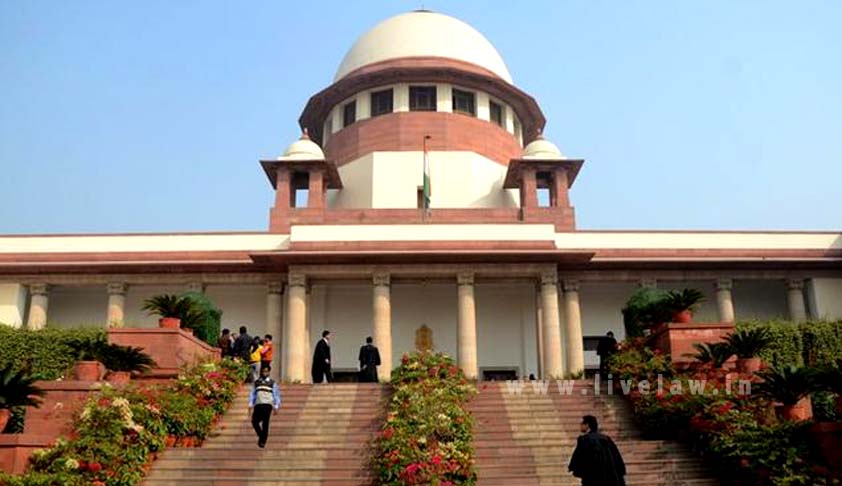SC Stays Grant Of Rs.55.5 Lakh Compensation To An Injured Air Warrior
LiveLaw Research Team
24 May 2017 10:21 AM IST

Next Story
24 May 2017 10:21 AM IST
The Supreme Court’s Vacation Bench of Justices L.Nageswara Rao and Navin Sinha, today (Tuesday) stayed the award by the Delhi High Court of Rs.55.5 lakh to a Wing Commander in the Indian Air Force, who sued the Ministry of Defence and the Hindustan Aeronautics Limited, for his injuries which he suffered while bailing out of a fighter aircraft, whilst on duty in a MiG 21 aircraft in 2005. ...
